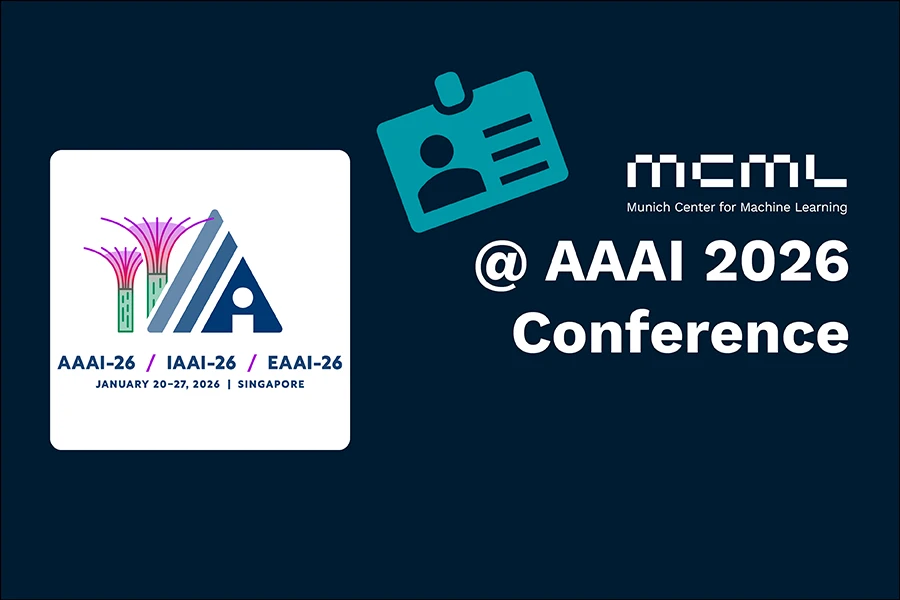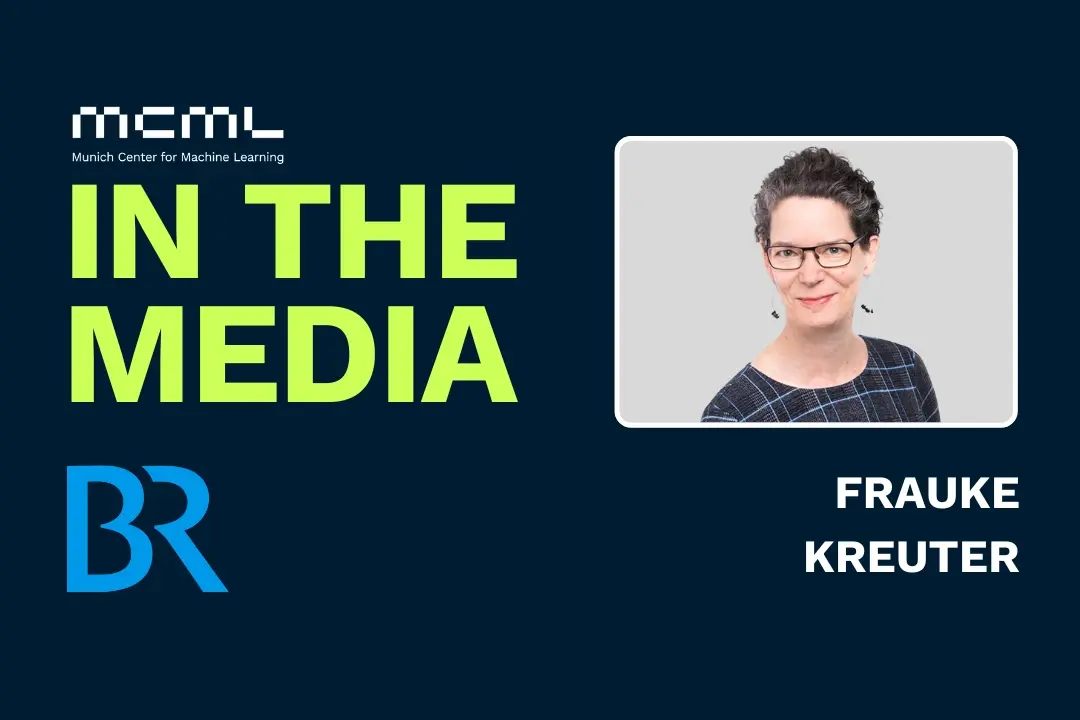30.09.2024
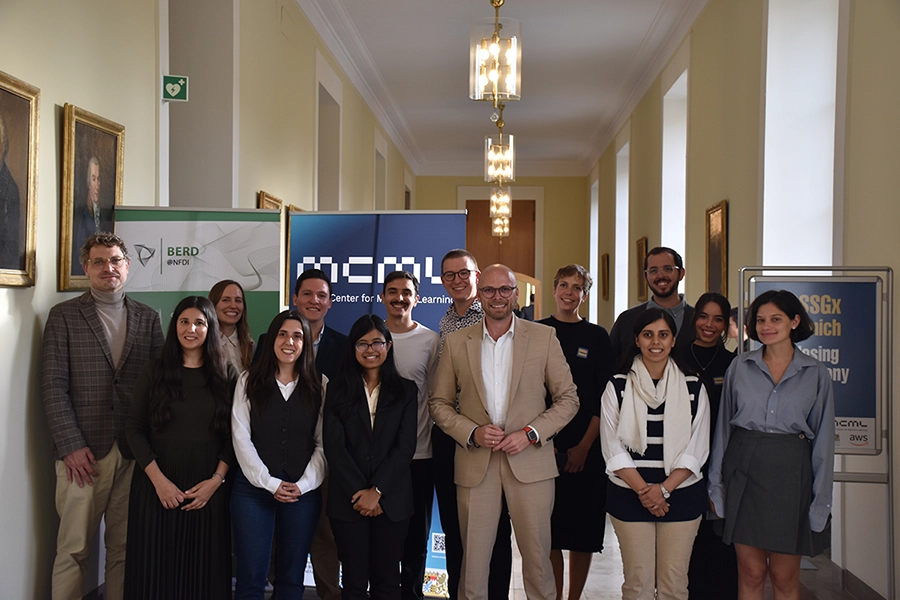
©DSSG
DSSGx Munich 2024 Closing Event
A Short Recap
For two months, the DSSGxMunich-Team supported two projects with the UN International Organization for Migration's Global Data Institute, and the National park administration Bayerischer Wald. Last week, they presented their results at the Bavarian Academy of Sciences and Humanities.
DSSGx Munich is organized by MCML PI Frauke Kreuter and MCML Director Bernd Bischl and their teams and funded by the Munich Center for Machine Learning.
The event started with a welcome address by Dr. Fabian Mehring, Bavaria’s State Minister for Digital Affairs. The Teams from the Data Science for Social Good program then presented the results from their two projects:
Project 1: UN International Organization for Migration’s Global Data Institute (IOM)
Foreseeing the effects of events on migration factors and cross-border movements is essential for evaluating the potential shifts and obstacles that IOM operations may encounter. One of the teams – consisting of Masabah Bint E Islam, María Belén Arvili, Derya Durmush, Jorge Roa and the project partner Valerie Gastner - worked to deeper understand migration trends and patterns which is critical for protecting lives and developing effective policy solutions for legal migration routes. The results of the team now help to optimize the data-driven distribution of IOM’s resources. With more strategic resource allocation, IOM and its UN partners can now offer improved support to migrants and internally displaced individuals.
Project 2: National park administration Bayerischer Wald
The Bavarian Forest National Park, Germany’s oldest national park, attracts over 1.4 million visitors annually. However, this popularity also brings logistical challenges. Effective forecasting, management, and control of tourist flows are crucial for ensuring sustainable tourism and responsible use of natural resources. While substantial data on tourist flows is collected in and around the Bavarian Forest, this information is often inconsistent and stored in various formats. There was a need for further automation in processing and integrating these diverse data sources to facilitate a smooth flow of information. This is where the second DSSG-Team worked on for two months. With their results, the team – including Ayesha Younas, Manpa Barman, Anthony Garove, Patricio Ferreira as well as the project partner Max Mangold - improved the flow of information to various stakeholders, which will contribute to sustainable resource management. This includes efforts to decrease pollution and lower CO2 emissions in and around the Bavarian forest.
After the presentations of the teams, Uli Köppen (Chief AI Officer at Bayerischer Rundfunk) had a keynote with the title “Great to Have, Hard to Get: Data for the Social Good. How to Become a Data-Driven Society.” She highlighted her experiences in data journalism and emphasized the necessity of incorporating diverse data viewpoints.
And with this closing keynote, the DSSG summer program 2024 ended. Congratulation to all DSSG-fellows!! You did a great job!
About DSSG:
The Data Science for Social Good (DSSG) Summer Program offers an opportunity for students and young professionals to apply their data science skills for societal benefit. During this program, participants collaborate with public sector organizations, NGOs, and social institutions to develop data-driven solutions for real-world social challenges. The program not only focuses on technical skills such as machine learning, data analysis, and programming but also emphasizes ethical considerations and the social impact of technology. By working in interdisciplinary teams, participants learn how to effectively use data to address societal issues like poverty, education, healthcare, and environmental pollution.
Related
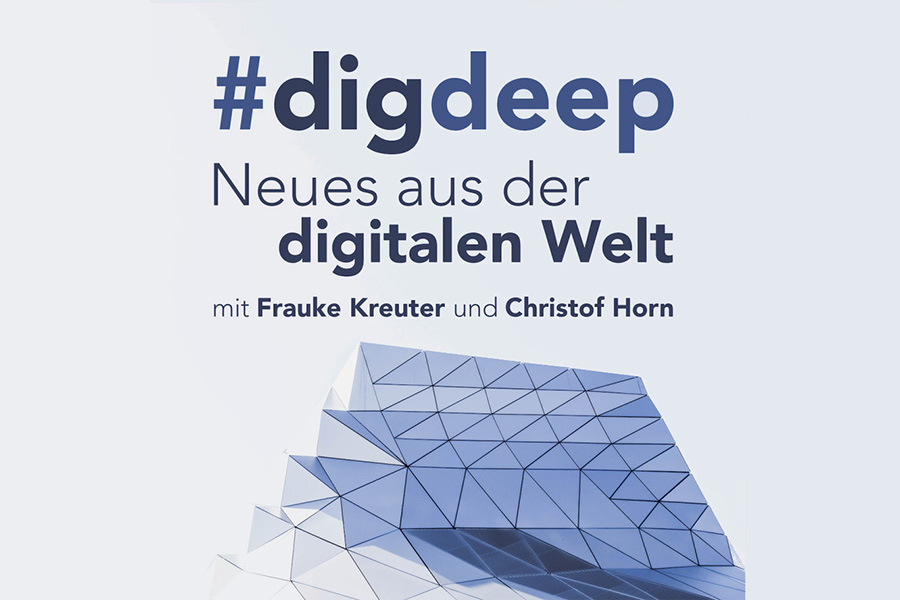
13.02.2026
Digdeep Podcast: Will School Still Work When AI Becomes the New Classmate?
In the new episode of #digdeep Jochen Kuhn and Florian Karsten discuss AI at schools.

29.01.2026
Digdeep Podcast: Anna Kopp, How Does Microsoft Bring People and AI Together?
In the new episode of #digdeep ist the guest Anna Kopp from Microsoft Digital Germany.
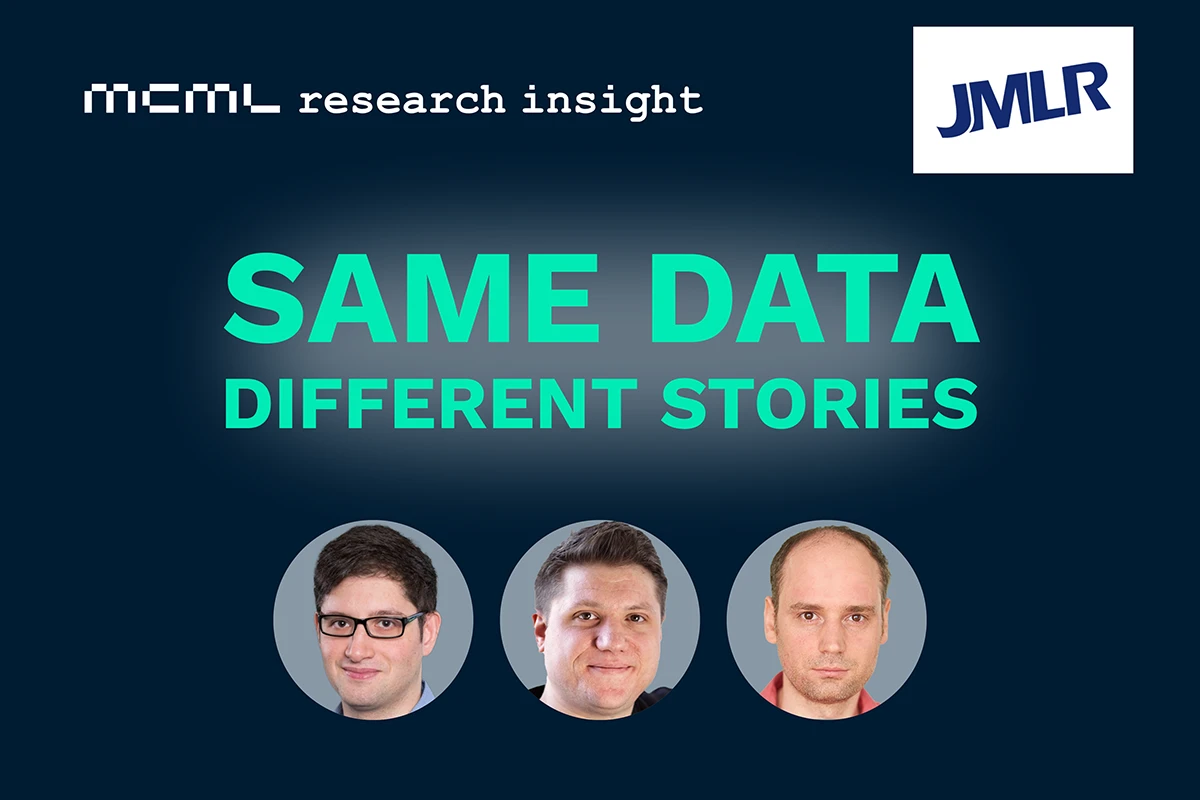
22.01.2026
From Global to Regional Explanations: Understanding Models More Locally
JMLR research shows how subgroup-specific explanations reveal hidden patterns that global model explanations often miss.
